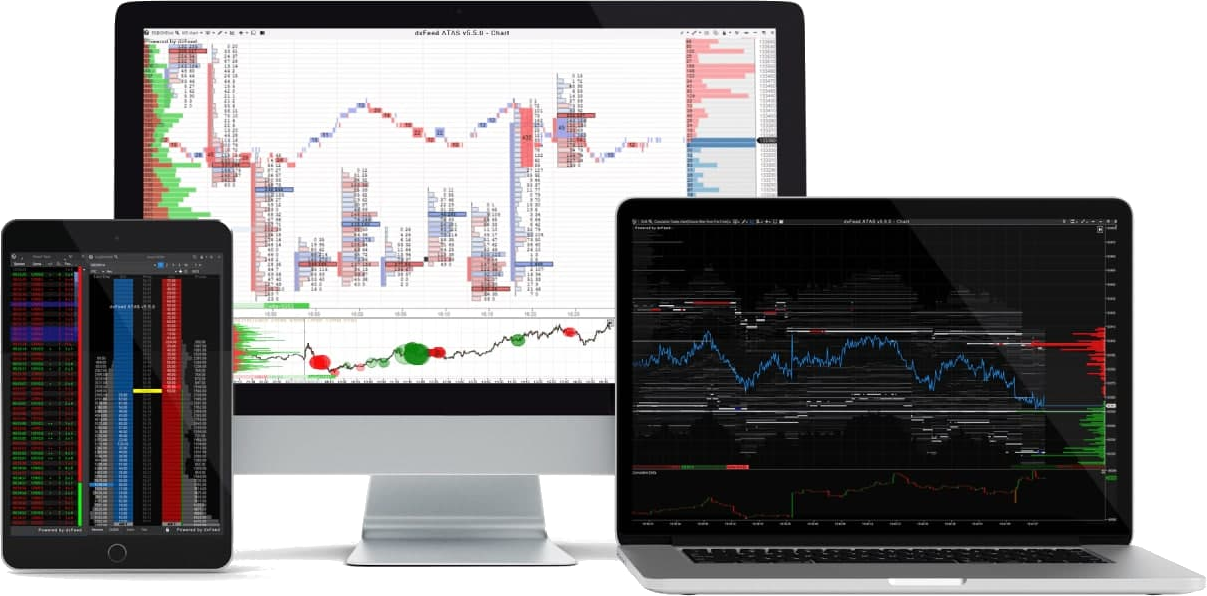Extreme heat more deadly than floods, earthquakes and hurricanes combined, finds Swiss Re's SONAR report
|
Swiss Re Ltd
/ Key word(s): Research Update
Zurich, 12 June 2025 – Up to half a million people globally succumb to the effects of extreme heat each year, according to recent scientific research, exceeding the combined impact of floods, earthquakes and hurricanes. This places the observable increase of extreme heat events among the most important emerging risks, according to Swiss Re's 2025 SONAR report. The study highlights how this peril reaches beyond the human toll, mapping its effects across industries such as the energy and telecommunications sectors. "Extreme heat used to be considered the 'invisible peril' because the impacts are not as obvious as of other natural perils," says Jérôme Haegeli, Swiss Re's Group Chief Economist. "With a clear trend to longer, hotter heatwaves, it is important we shine a light on the true cost to human life, our economy, infrastructure, agriculture and healthcare system." There is clear evidence that extreme heat events are happening with greater severity, frequency and duration. July 2024 saw the hottest three days ever recorded on earth. Data is also emerging to show that, since the 1960's, heatwaves in the US are now three time more prevalent, are almost a full degree hotter, and last a full day longer.[1] Extreme heat events can have a large impact on human health. Recent data show that around 480 000 deaths per year can be attributed to extreme heat events.[2] Heat stress can lead to exhaustion, heatstroke and organ failure, while exacerbating cardiovascular and respiratory diseases. People at an advanced age and pregnant women are especially vulnerable. Impacts beyond health Heatwaves coinciding with strong winds can also increase the likelihood of wildfires. According to Swiss Re Institute, global insured losses due to wildfires reached USD 78.5 billion during 2015–2024. The SONAR report reveals that a range of industries are vulnerable to extreme heat events. For example, the telecommunications industry faces significant risks from failing cooling systems in data centers or damage to terrestrial cables. Liability risks have already started to emerge, with corporates and institutions facing legal action for failing to mitigate heat-related harms. A 2021 lawsuit saw a US plaintiff seeking USD 52 billion from fossil fuel companies for losses caused by climate change-induced extreme weather events. Extreme heat is therefore set to intensify litigation which, in turn, drives up liability claims for insurers. Extreme heat events can also exacerbate other emerging risks. These include novel risks such as toxic fungi, which thrives in warmer temperatures and can invade the human body; as well more well-known risks, including crop failure and workers' compensation claims from employees exposed to extreme heat conditions. Emerging structural risks: declining trust and increasing AI incidents Alongside the deep dive into extreme heat, the 2025 SONAR report delves into a range of structural risks, such as the growing distrust in institutions, mortality trends and increasing litigation costs. This rise of AI, especially generative AI, has seen a corresponding increase in the related risks. Evidence suggests that the number of AI-related incidents jumped by over 60% from 2023 to 2024. A third of these incidents were due to AI system failure.[3] With the insurance industry at the beginning of the product development cycle for AI-specific risks, a stronger understanding of the underlying risk will help insurers clarify coverage, define exclusions and standardise wordings. Patrick Raaflaub, Swiss Re's Group Chief Risk Officer, says: "Amid an increasingly interconnected risk environment, insurers are having to continuously adjust the scope of their risk horizon. Between the growing risk of extreme heat events, emerging liability risks or the changing scope of AI-related risks, it's clear the conversation must evolve beyond individual topics to examine how large macro trends are now reshaping today’s risk landscape."
About SONAR 2025 Swiss Re's annual SONAR report identifies and assesses risks that could impact the global economy and the insurance industry in coming years. By providing early insights into potential new and evolving risks, the report aims to help businesses and insurers to better understand potential exposures and integrate this knowledge into decision-making processes. SONAR topics 2025: Structural risks Declining consumer trust in institutions, including insurers Social inflation risks could expand liability claims Excess mortality variance: uncertainty for L&H claims and reserves Ageing populations: mortality protection products at risk Digital technology: mostly a liability insurance story Emerging risks Extreme heat: the insurance fallout New frontiers in fungi-related loss potential Deep fakes and disinformation: enabling insurance fraud New technologies in healthcare delivery The expanding horizons of drone technology Plastics: a new wave of litigation? Ultra-processed foods – health and liability risks Emerging workforce gaps and skillset shortages
How to order SONAR: Swiss Re's SONAR can be downloaded from Swiss Re's website.
[1]Climate Change Indicators: Heat Waves, US Environmental Protection Agency (EPA), June 2024. [2] Zhao et al., Global, regional, and national burden of mortality associated with non-optimal ambient temperatures from 2000 to 2019: a three-stage modelling study. The Lancet Planetary Health, vol 5, 2021. [3]AI Incidents Database, Waking UP Foundation, accessed 30 March 2024. For further information please contact Swiss Re Media Relations: + 41 (0)43 285 7171 or Media_Relations@Swissre.com. Cautionary note on forward-looking statements
End of Media Release |
| Language: | English |
| Company: | Swiss Re Ltd |
| Mythenquai 50/60 | |
| 8022 Zurich | |
| Switzerland | |
| Phone: | +41 (0) 43 285 71 71 |
| E-mail: | Media_Relations@swissre.com |
| Internet: | www.swissre.com |
| ISIN: | CH0126881561 |
| Valor: | 12688156 |
| Listed: | SIX Swiss Exchange |
| EQS News ID: | 2154332 |
| End of News | EQS News Service |
|
|
2154332 12.06.2025 CET/CEST



